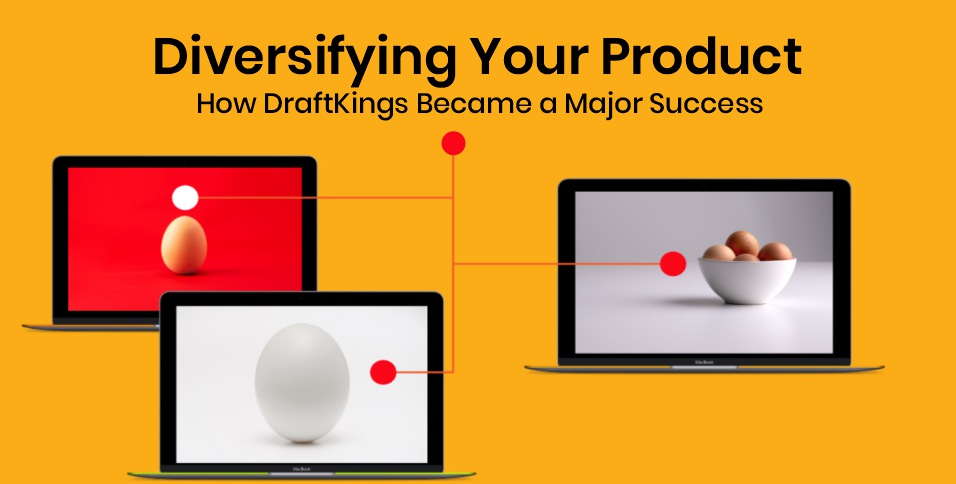In 2012 DraftKings was established by Jason Robins, Matthew Kalish and Paul Liberman, three colleagues who had previously worked together at Vistaprint. Their mission was simple, to muscle in on the daily fantasy sports industry.
The competition that awaited them and the many obstacles in their way would have been enough to put anyone off, but instead of running away from the challenge, the three faced it head on and turned DraftKings into a multi-billion dollar company with thousands of employees.
In this article we take a look at the history of the company to see how DraftKings went from a small, hopeful fantasy sports company to a behemoth of the sportsbook industry.
The Early Days
Robins, Kalish and Liberman started DraftKings because they loved fantasy sports, but also because they thought they could apply the principles of customer acquisition and analytics that they had learned at VistaPrint to the fantasy industry.
At that point the ultimate ambition may have been rivalling the industry giant FanDuel, but first DraftKings had to see off smaller competitors like StarStreet, another Massachusetts fantasy provider.
To do that, the trio set about utilising all of their marketing know-how to capture customers and raise the profile of the business.
In the first two years, the company grew its active user base to a remarkable 50,000, largely down to the publicity gained from awarded $50 million in earning in their first year of business. DraftKings brand was also significantly bolstered by a number of partnerships with major sports leagues in the country.
In 2013, MLB invested an unnamed amount in DraftKings whilst the company also became the official DFS provider for the NHL a year later. All of these deals not only helped to raise DraftKings profile and revenues, but it also put the company on a collision course with FanDuel.
(Innovative advertising campaigns like this helped to give DraftKings the edge.)
Acquisition & Growth
Those first two years of success gave Robins, Kalish and Liberman the confidence they needed to expand their business. Cashing in on their early successes, DraftKings used funding rounds to acquire DraftStreet, the third-largest DFS provider on the market.
That move pit DraftKings directly up against FanDuel and a July, 2015 deal worth a reported $550 million with ESPN and FOX seemingly gave them the edge over their competitor.
FanDuel were rattled and they weren’t worried about letting DraftKings know about it. Around this period they tried to hit the new kids on the block with a number of legal challenges which were designed to bog down their competitors and make them row back on their aggressive marketing campaigns.
Ultimately FanDuel had to admit defeat in their war with DraftKings, deciding in 2017 that it made more sense to join with their competitors than try to defeat them. Unfortunately for both companies, the Federal Trade Commission called off the merger out of concerns of a monopoly developing.
(The Federal Trade Commission put the brakes on a merger between DraftKings and FanDuel.)
Diversification
One year later a seismic wave was sent through the American sports industry when the Supreme Court took the decision to strike down the Professional and Amateur Sports Protection Act (PASPA).
For the first time this gave individual states the option to legalise and regulate their own online sports betting industry. DraftKings didn’t wait on an invite, they dove in head first, eager to replicate their DFS success.
Utilising similarly aggressive marketing campaigns, along with technological advances like their purpose-built app, cash-out option, and daily offers from DraftKings, was an instant hit with American sports betting fans.
In 2020 the company took the decision to go public under the symbol DKNG and with a market capitalization of $3.3 billion. Within a few short months that figure had risen to $20 billion with the share price rising to a phenomenal $72.
In the past 18 months DraftKings share price has gone down to a more normal level, thanks to the increased competition that the company has faced with competing companies finally catching up with their innovations.
Whilst total market domination is the next goal for DraftKings in the USA, global expansion also features highly on the company’s wish list. A move in to the highly lucrative British gambling industry could well be on the cards for DraftKings in the coming years.
















